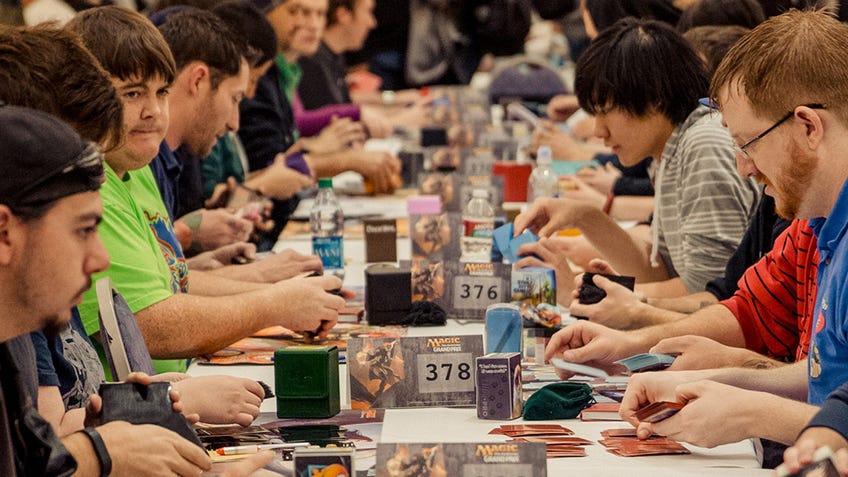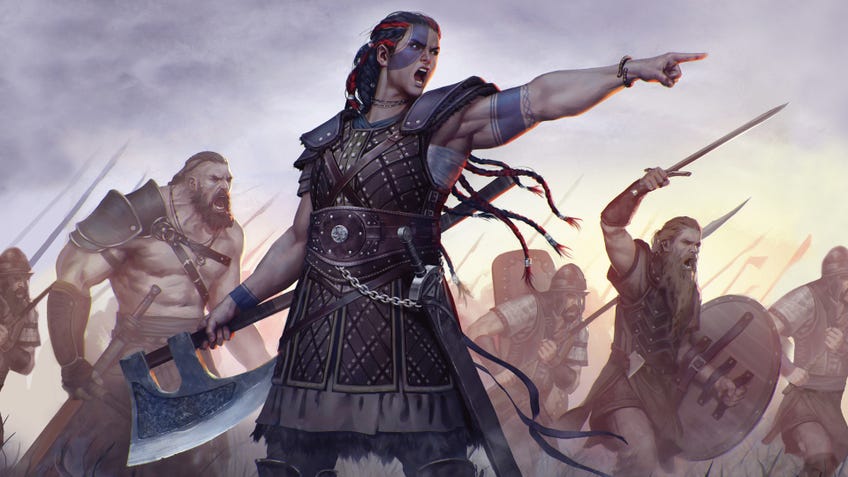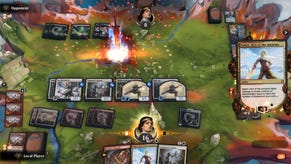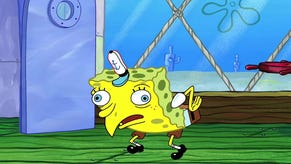Magic: The Gathering is at its best with more people - here’s why
All hands on decks.
While there is a lot of fun to be had in pulling off a perfect play in a competitive match against one opponent, for a lot of people Magic: The Gathering is far better when shared with a group.
There’s nothing wrong with enjoying the competitive side of MTG at all, nor is there anything wrong with just grinding out games against a single opponent, but the game-around-a-game metagaming that comes into play when it’s a free-for-all or you’re playing a game of Two-Headed Giant improve things to no end.
There are plenty of issues with this at the moment, with the world still essentially in lockdown, but while the likes of MTG Arena might not allow you to live out your dreams of being a nefarious villain manipulating all of those around you until you’ve won, things such as SpellTable and Tabletop Simulator do. With that in mind, please sit back and relax while we wax lyrical about the joys of multiple opponents, team-based gameplay and ending everything in a single turn.
Everyone is a friend until they’re not
Let’s get into the politics of multiplayer MTG first, which, unlike in real life, is probably where most of the fun lies. When you’re in a group of players instead of just one-on-one, lots of things happen. For starters, one person will inevitably end up being the antagonist of the group, and the rest of you will have to team up like some very motley Power Rangers to take them out. This is rarely a static arrangement, and you’ll often find yourself leading the charge against a great evil one second, only to wind up becoming a far greater threat about two turns later. Of course, that’s usually the point, but it’s at that moment that things get really interesting.
Once you find yourself in a position of power, you can completely let it go to your head. We recommend doing this in a casual way, and not laughing maniacally as you cut down foes (although that is fun), but it’s really up to you. If you’re up the top and you know someone is happy to pull the rug out from under you, it’s a good time to make offers. “Hey, I know you really like your artifacts, so I’ll take out this threat to them and make sure we can be in the top two together, yeah?”
You don’t even have to be at the top - if you know for a fact you’ve got a card in hand that is going to trash the biggest threat on the board, then bargaining with that player for some safety can help you win the game. You’ve got to be cunning to cut through all of this and come out on top, but there’s not a single time where bluffing your way to victory isn’t pure joy.

Your deck needs to adapt
There are other factors that come into play before you even start the game, and that’s your deck composition. When you’re building a Magic deck for multiplayer games, you need to take a different approach than one you’d be building for a clash of two titans. The only real downside of this is that it can be very hard to build either a fast-and-furious aggro deck or a mill deck - which tries to remove your opponent’s library to win - in multiplayer games without immediately making yourself a target and also accepting that you’ll likely not win the game. You can always overcome those things with the right cards and a bit of luck, but it’s something worth keeping in mind.
You’re generally going to need to consider cards that target everyone instead of just one player, and find strategies that do the same. Sometimes that means simply making sure you can produce a lot of creatures in a very short time, sometimes that means looking at alternate win conditions like Approach of the Second Sun - a card you only have to cast twice to win the game - and sometimes that is going to mean doing silly stuff like generating infinite life. On that subject...
Always have an out
Because deck composition can sometimes get a little silly, and because multiplayer games tend to last longer than head-on battles, you will often end up faced with something absurd like a player with infinite life, or the ability to cancel out everything everyone else is doing. Getting stuck in an endless game can be frustrating, and the potential for this grows ever larger when you add in more players, so it’s always a good idea to build at least one end-gaming and, ideally, unstoppable bit of nonsense into your deck.
That might sound a little antithetical to some of the other ideas here, but a multiplayer game that drags on too long is a multiplayer game that’s going to become boring. Making sure you can not only have a good time, but also come out on top when you want to, helps to keep these kinds of games at their best. Nobody wants to spend two hours on one game of MTG - if they do, they’re a monster that you should stop.
All of these things not only exemplify why multiplayer Magic: The Gathering is so entertaining, but will also help to make sure you can get the most out of every game. Competitive Magic will always be there for those who want it, but just because you take it seriously sometimes, doesn’t mean you should forget the feeling of sitting around a kitchen table playing with a group of friends long before you understand what a format is or what “instant speed” is. It is, after all, a game, so try and enjoy it.










